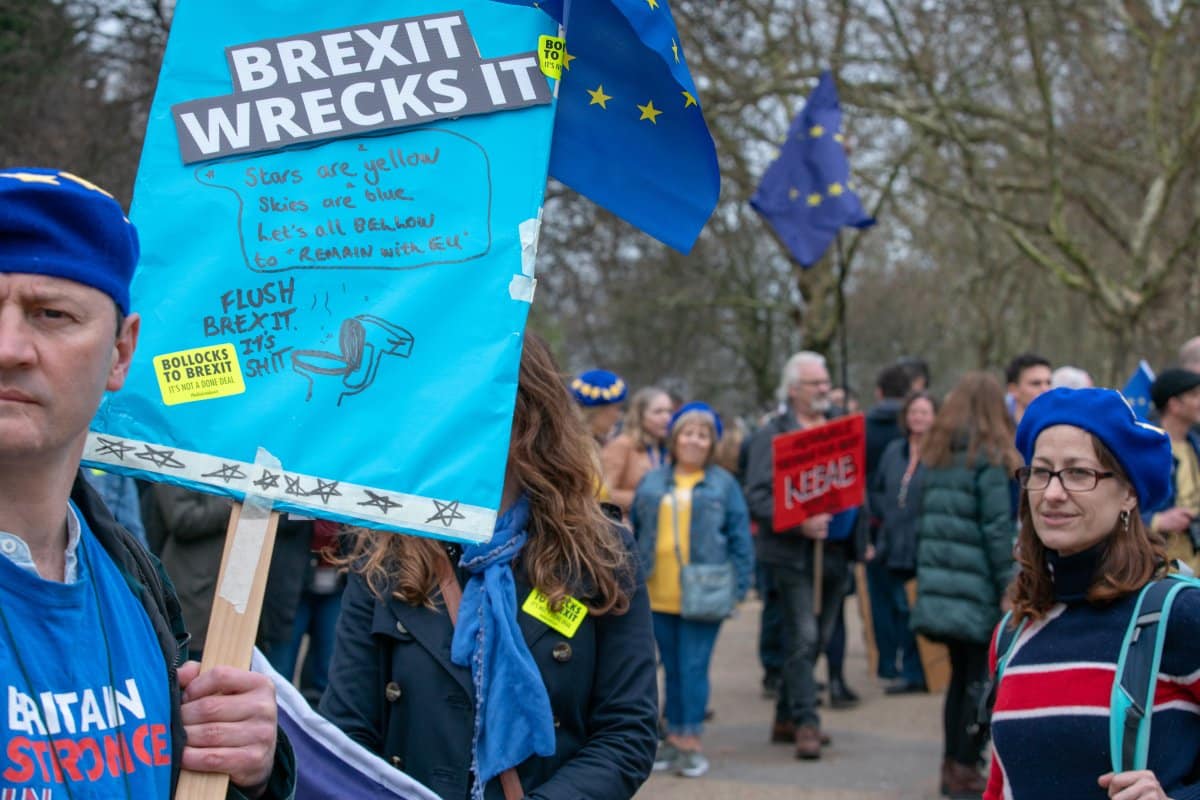Have you noticed how British politics isn’t what it used to be? The political arena has transformed into a battleground of populism, scandals, and radical shifts. What do you think has been the most pivotal change?
1. The Rise of Populist Politics
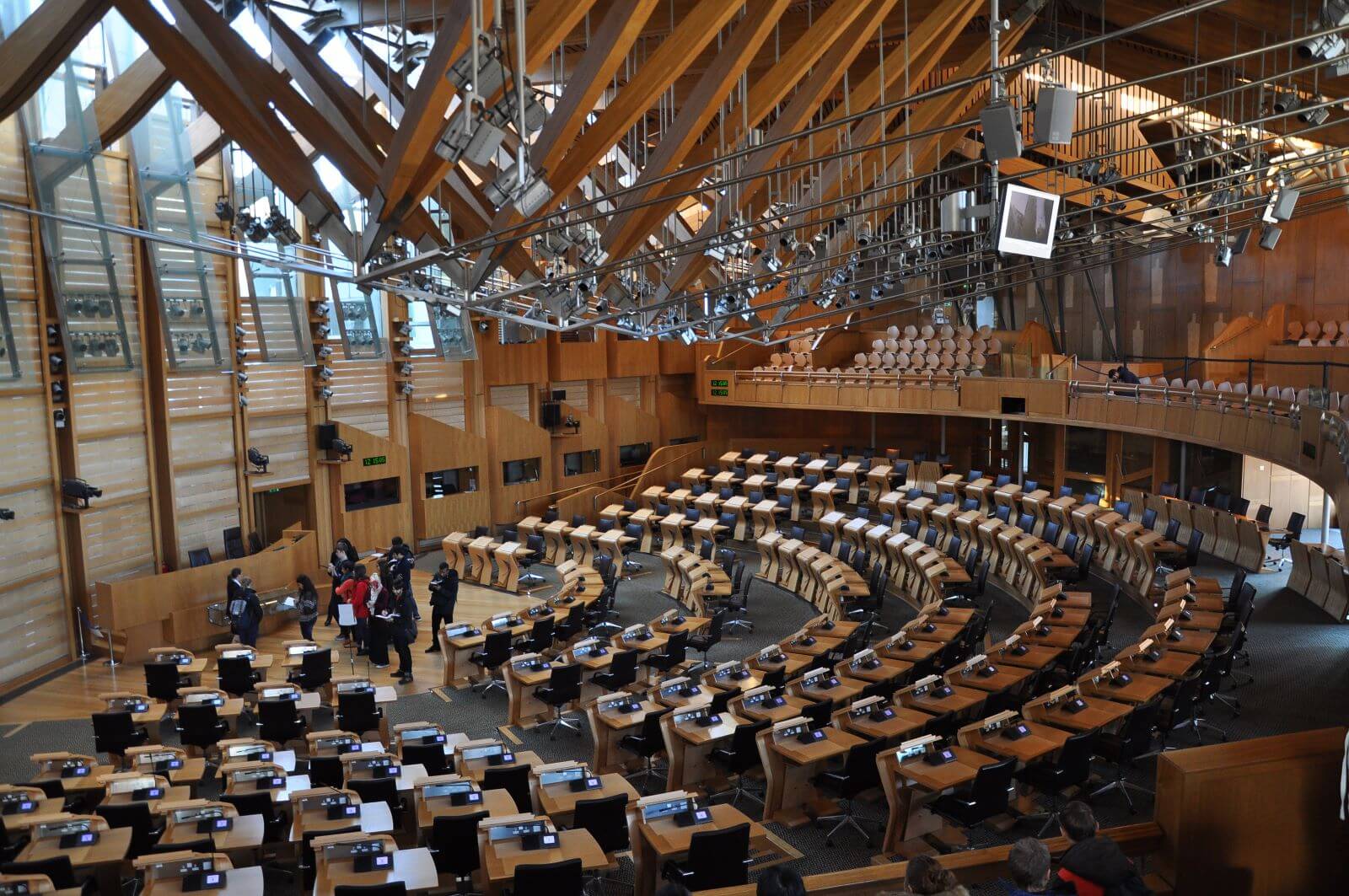
Populist politics have gained traction, focusing on nationalistic and anti-establishment rhetoric, which has significantly influenced the agendas of major political parties.
2. Boris Johnson’s Unconventional Leadership

Boris Johnson’s leadership style, often characterised by a blend of charisma and controversy, starkly contrasts with the traditionally reserved nature of past UK Prime Ministers.
3. Decline in Political Accountability

Instances like the mishandling of the COVID-19 crisis and the partygate scandal highlight a disturbing trend of diminishing accountability among UK politicians.
4. The Brexit Divide
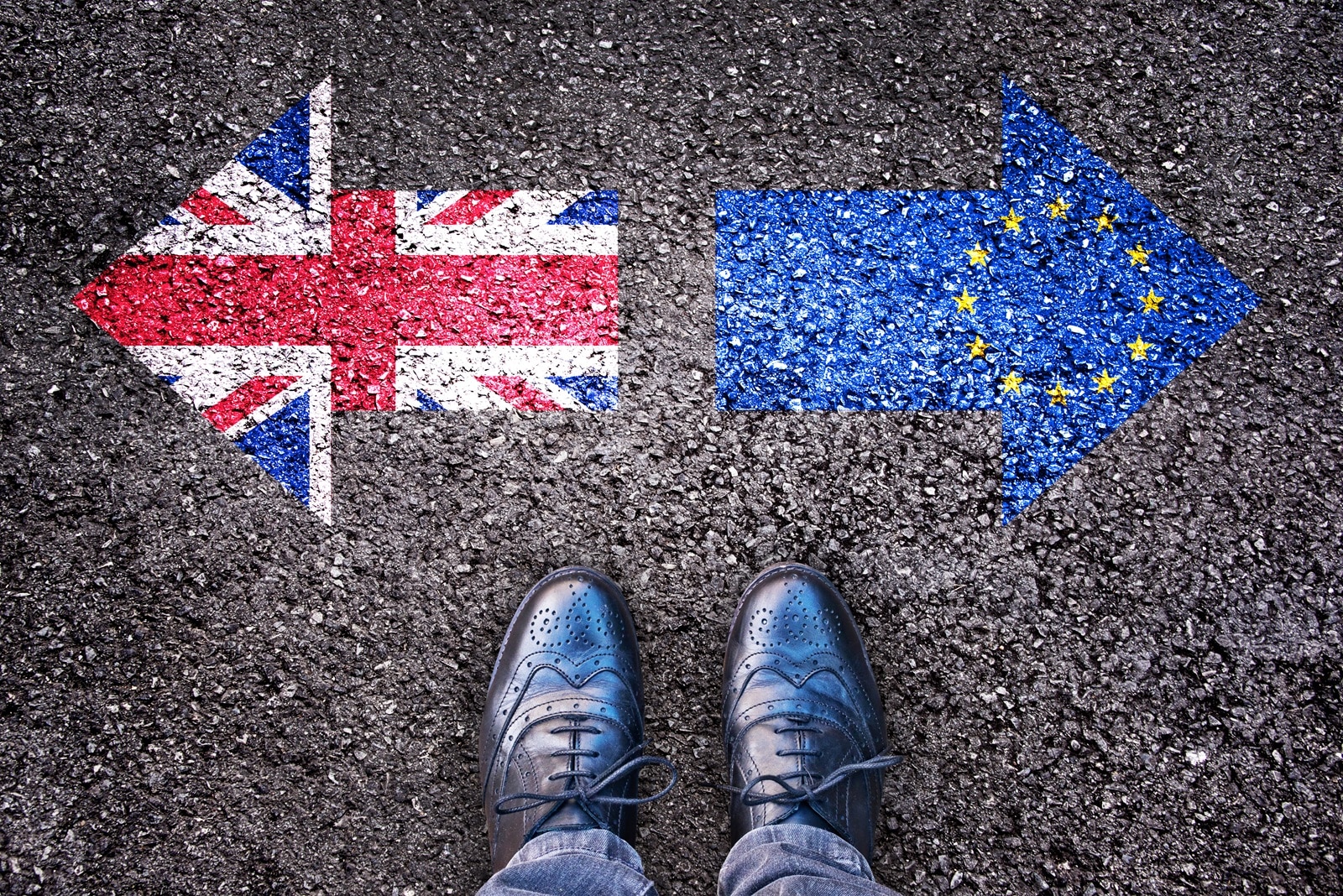
Brexit not only split the country but also reshaped political alliances and voter behaviour, creating new divisions and political identities.
5. Shift Towards Digital Campaigning
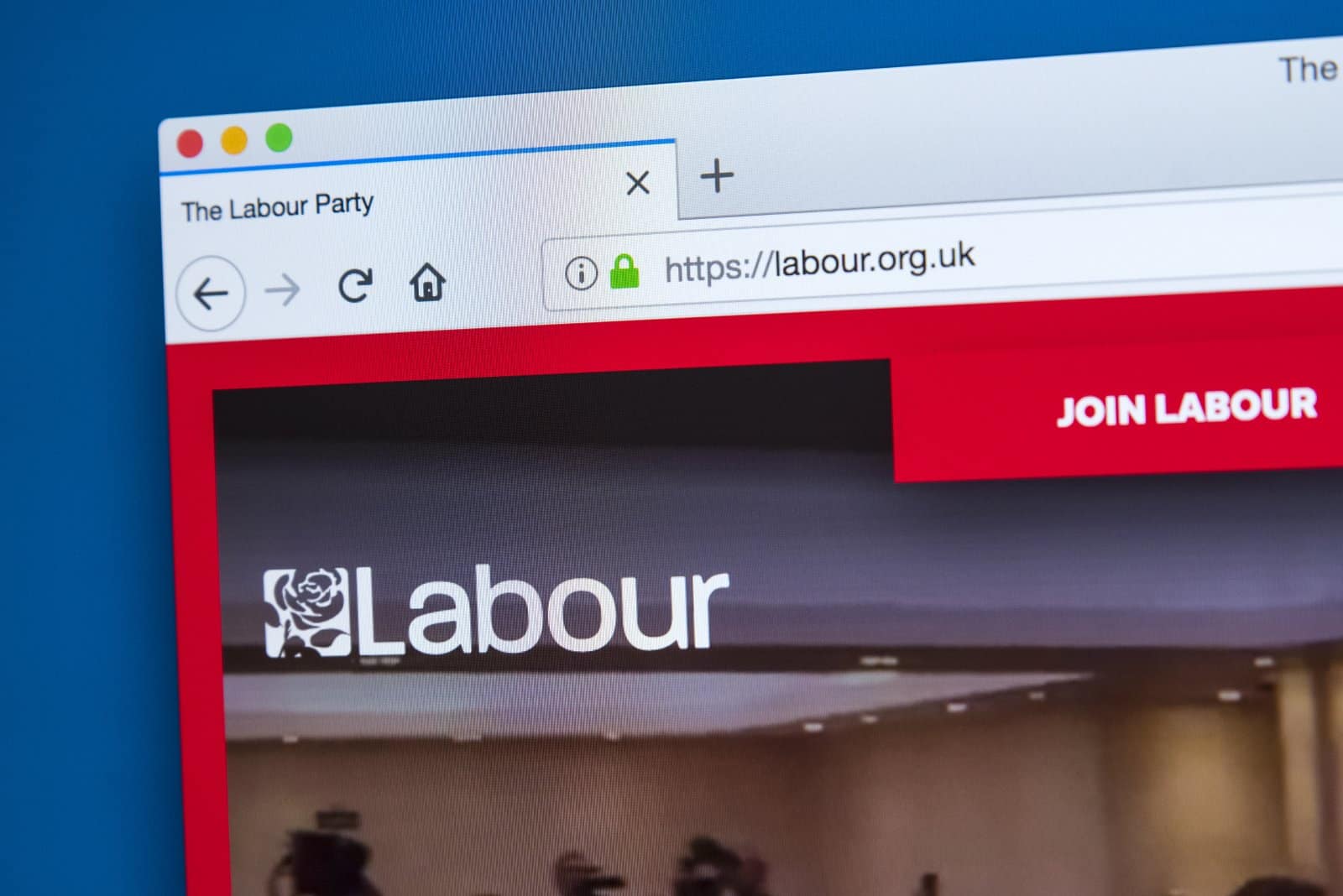
Political campaigning has transformed with an increased reliance on digital platforms and social media, targeting voters through personalised ads and data analytics.
6. Reduced Impact of Traditional Media

The influence of traditional media outlets has waned, with online news and social media becoming primary sources of information, altering public perception and engagement.
7. Erosion of Civil Discourse

Political discourse has become increasingly polarised and toxic, with less room for moderate and balanced discussions, impacting public debates and policy-making.
8. Increased Political Engagement Among Youth

Young people are more politically active, driven by issues like climate change and social justice, challenging older generational voting patterns.
9. Changes in Voting Behaviour

The electorate’s loyalty to traditional parties has weakened, with many voters switching allegiances based on current issues rather than historical party loyalty.
10. Rise of Nationalism

There has been a resurgence of nationalist sentiments, influencing policies on immigration, sovereignty, and the union’s integrity.
11. Scrutiny of Political Ethics

The public and media scrutiny of politicians’ behaviour and ethics has intensified, leading to high-profile resignations and scandals.
12. Devolution Dynamics
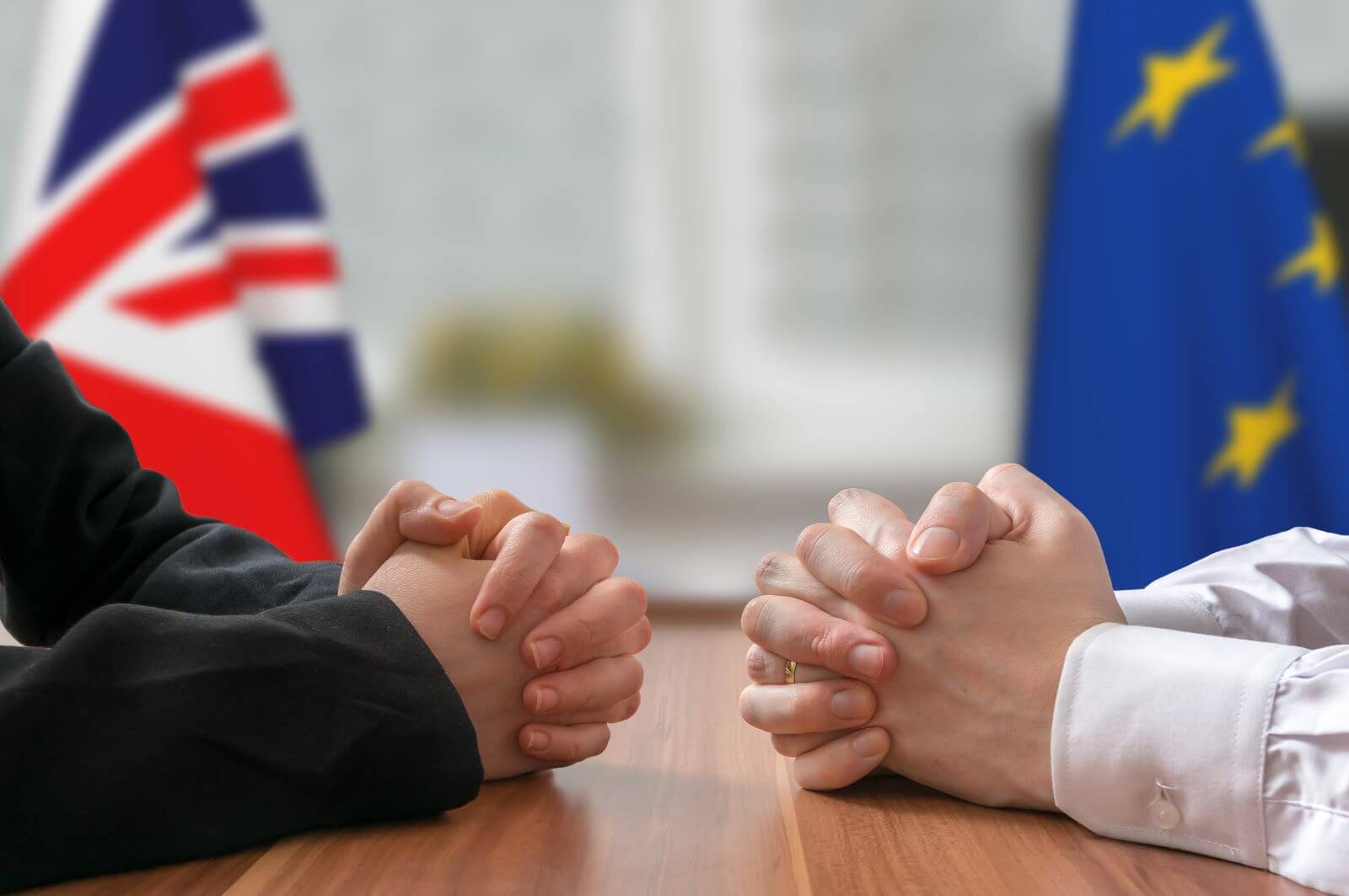
Increased calls for devolution and stronger regional governance in Scotland, Wales, and Northern Ireland have prompted debates about the UK’s constitutional structure.
13. Environmental Politics

Environmental issues have ascended on the political agenda, driven by activist movements and public demand for sustainable policies.
14. Transformation in Labour Party
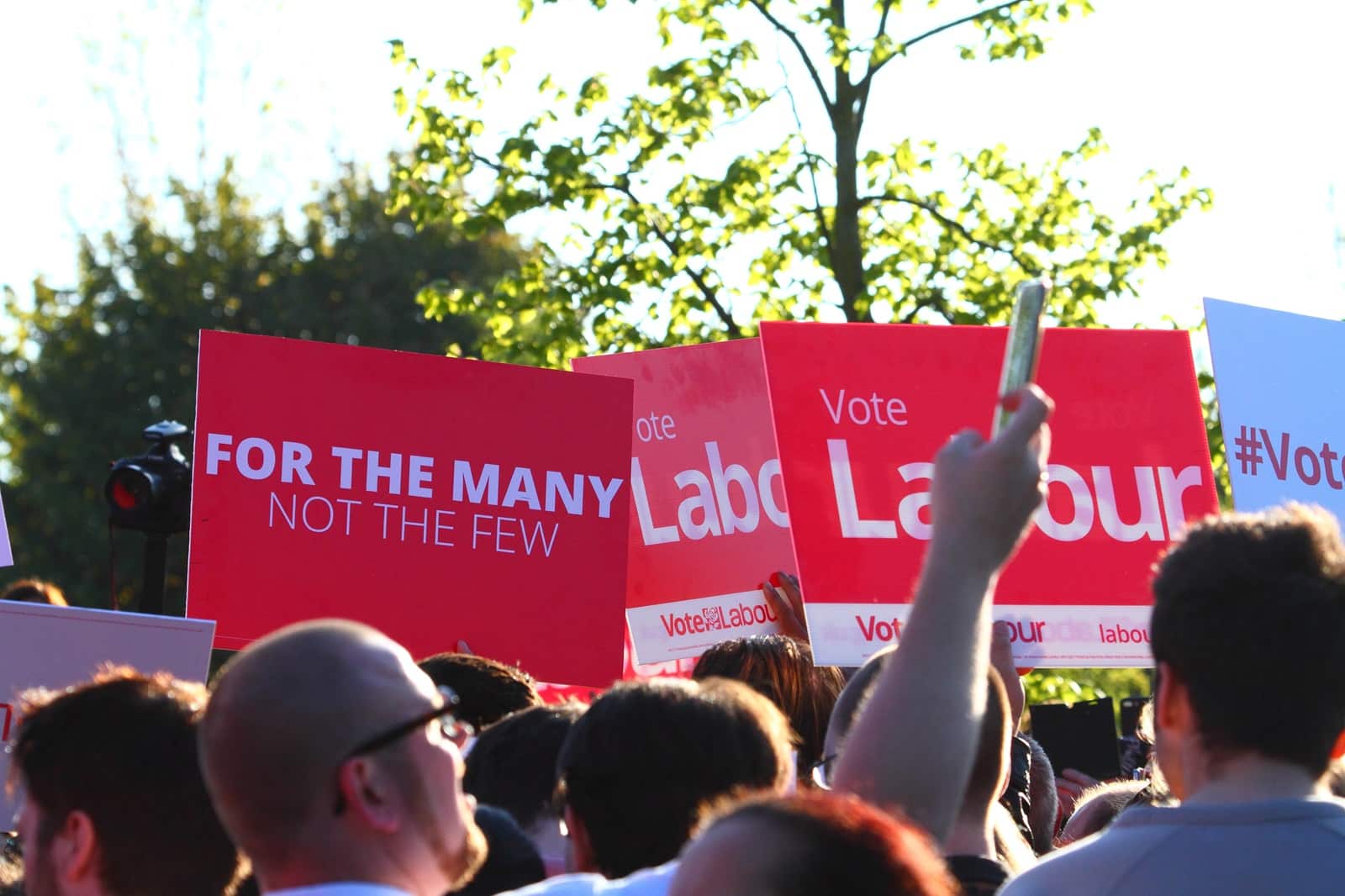
The Labour Party has seen a dramatic ideological shift, moving from New Labour centrism to a more left-wing stance under leaders like Jeremy Corbyn.
15. Conservative Party’s Ideological Shift

The Conservative Party has moved further right on several issues, adopting harder stances on immigration and law and order.
16. The Impact of Austerity
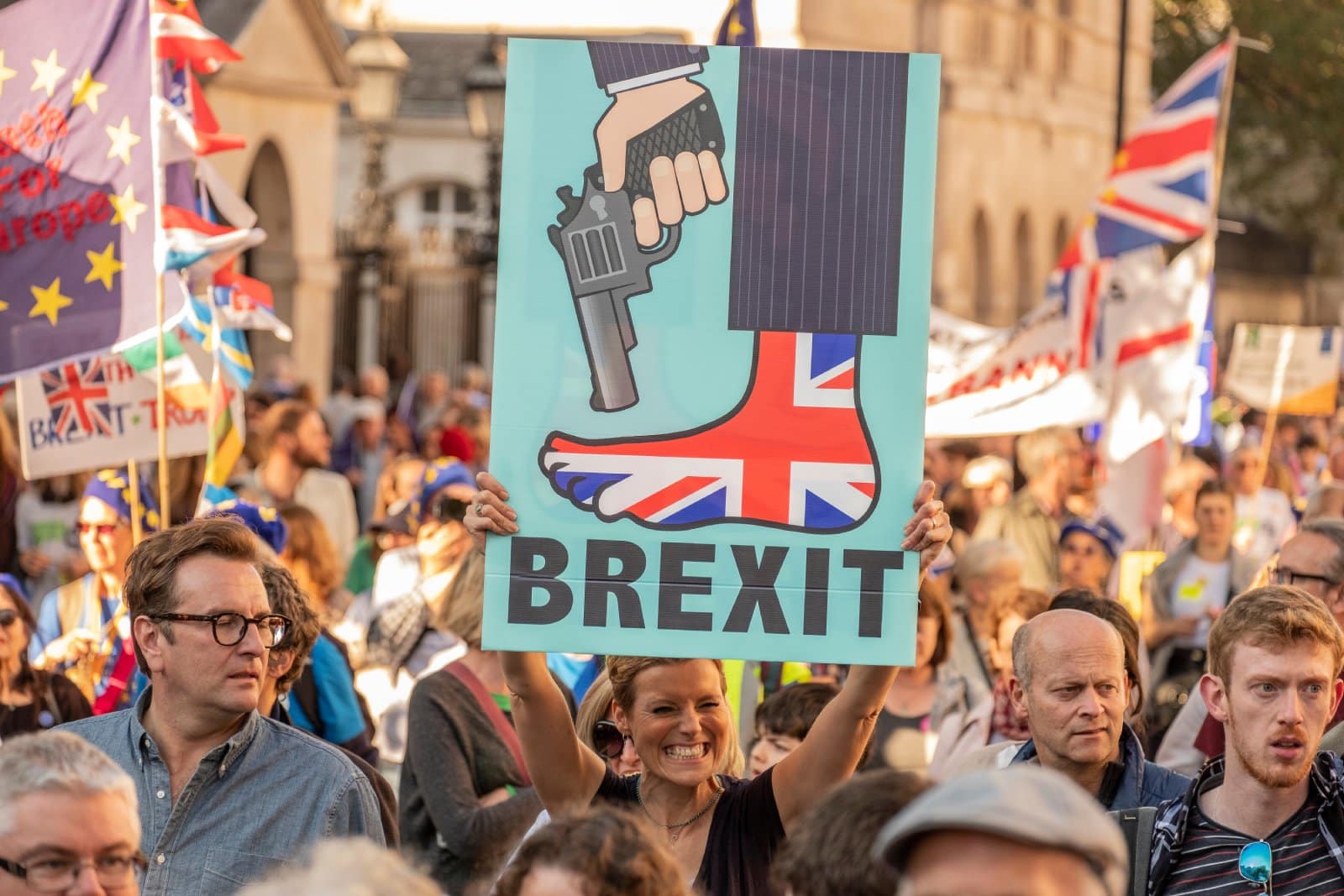
Austerity measures have had long-lasting impacts on public services and welfare, sparking widespread protests and changing public opinions on economic policies.
17. Growth of Fact-Checking Services

The rise of misinformation has led to the growth of fact-checking services, playing a crucial role in politics by verifying claims made by politicians and parties.
18. Changes in Party Leadership Styles
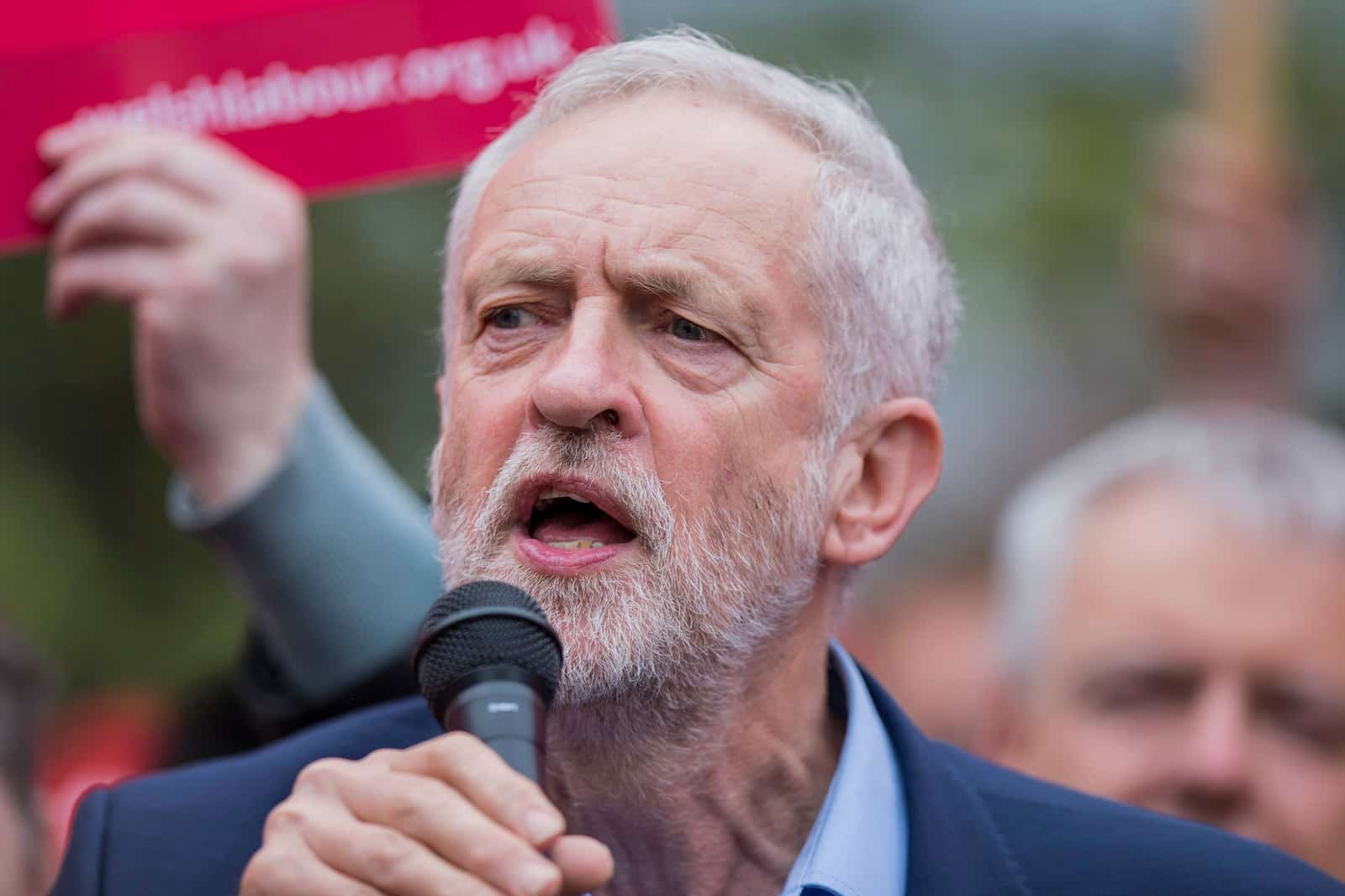
Leadership styles within major parties have changed, with leaders like Boris Johnson and Jeremy Corbyn representing more polarising figures compared to their predecessors.
19. Judicial Involvement in Politics
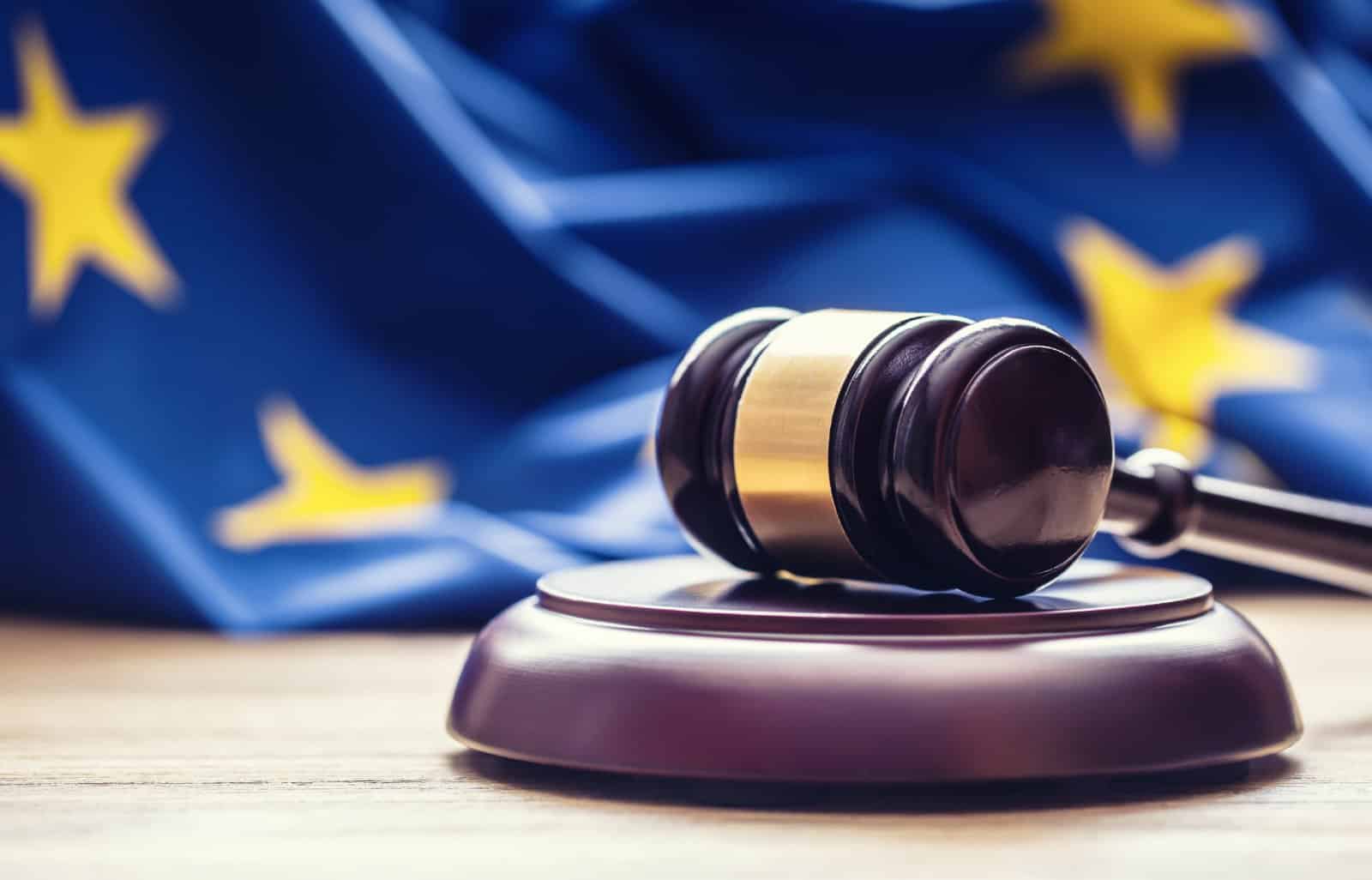
There has been increased judicial involvement in political processes, exemplified by legal challenges to parliamentary prorogations and Brexit procedures.
20. Immigration as a Political Tool
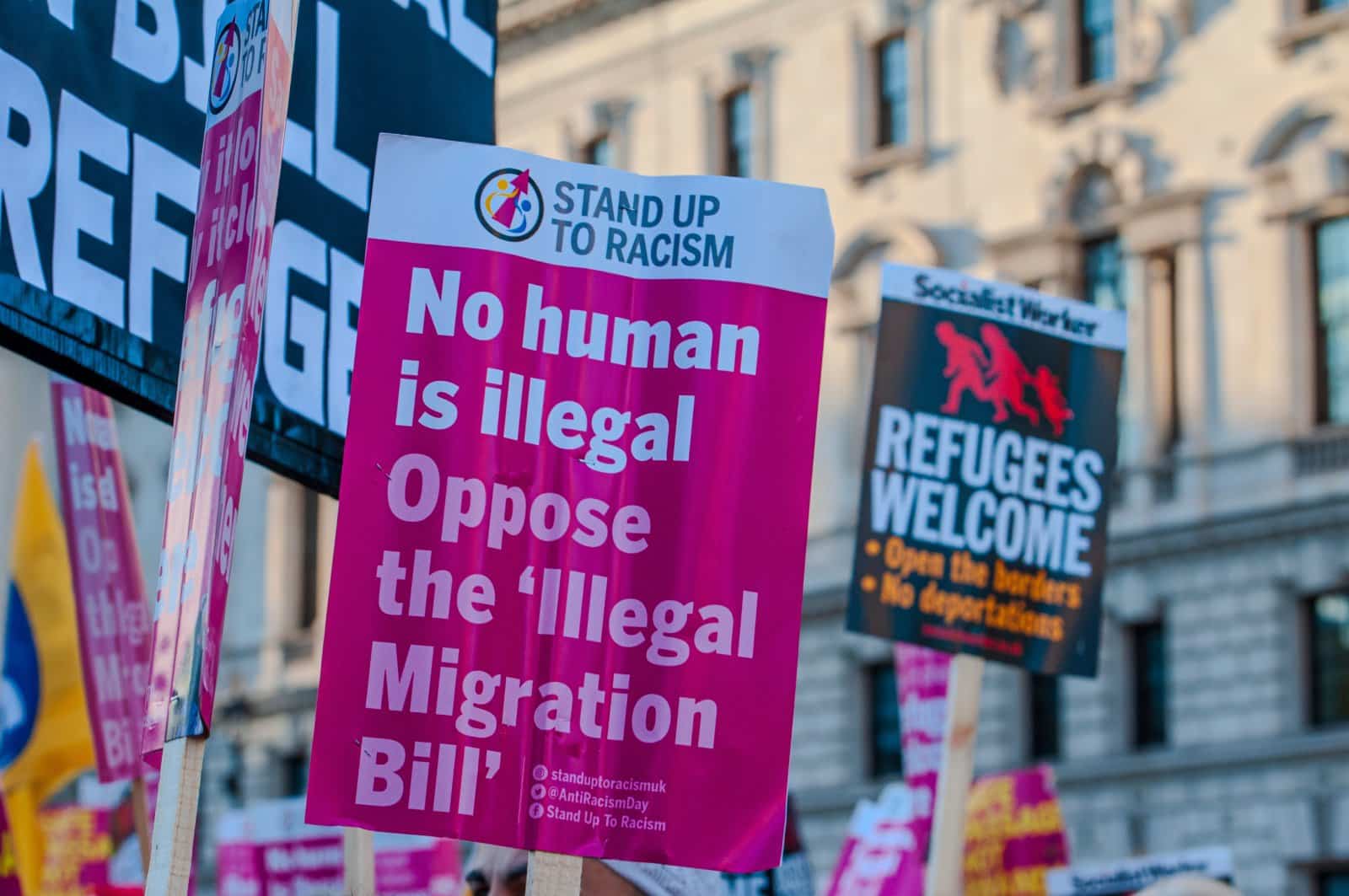
Immigration continues to be used as a significant political tool, influencing election campaigns and policy decisions.
21. The Question of Scottish Independence
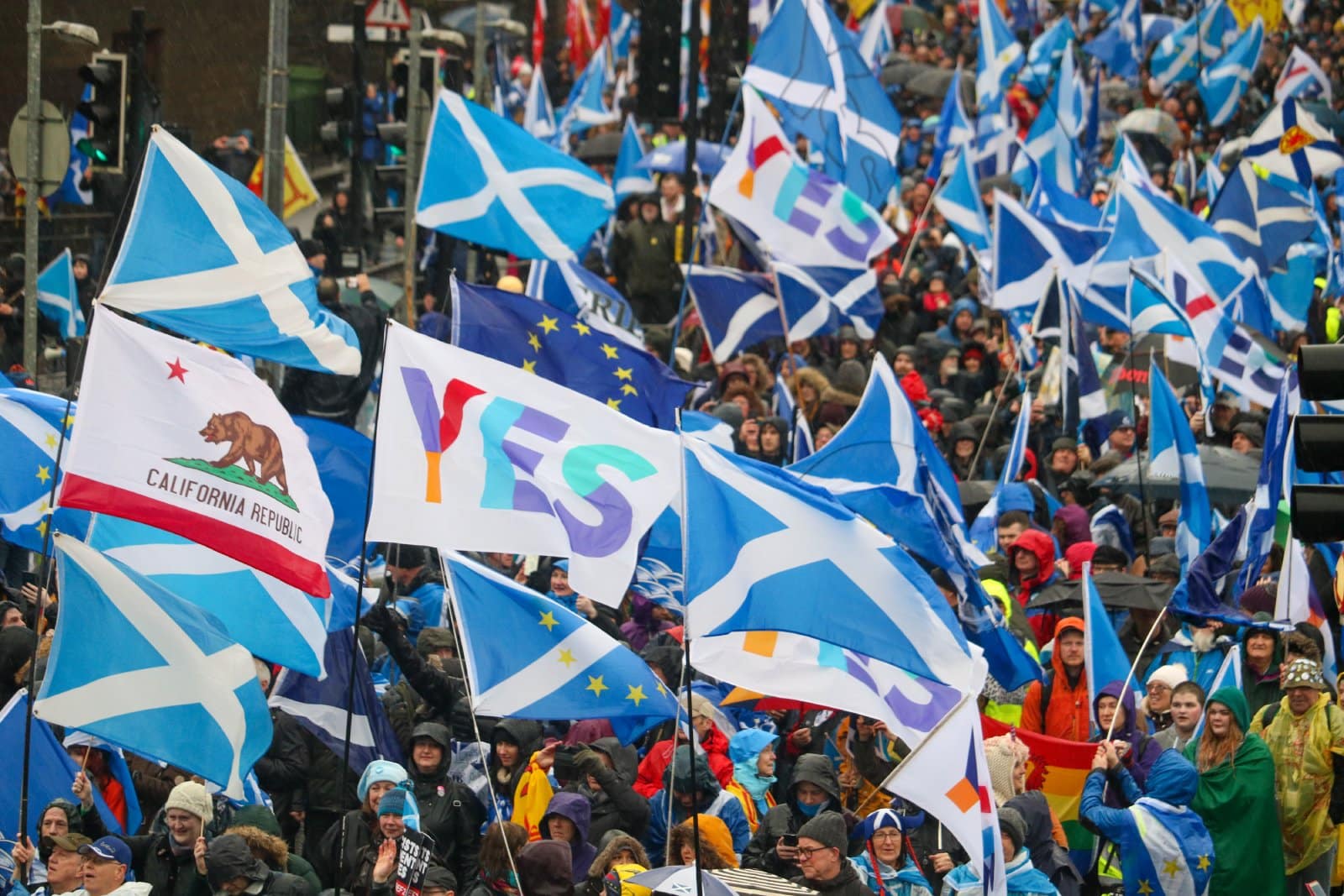
The ongoing debate over Scottish independence continues to be a pivotal issue, with potential to drastically alter the future political landscape of the UK.
A New Era in British Politics
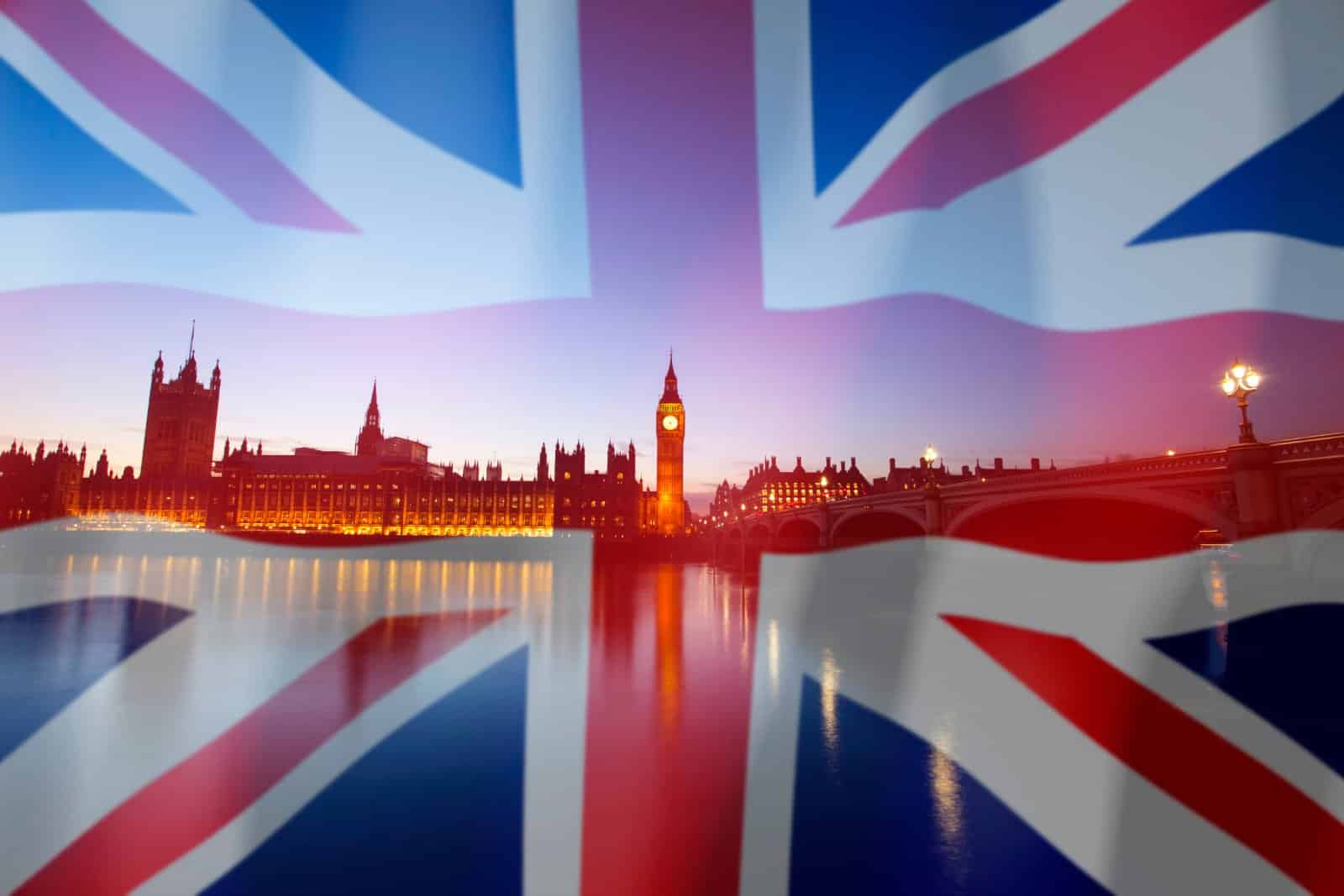
As British politics continues to evolve, these changes challenge the status quo and redefine how governance and democracy function in the UK. Staying informed and critically engaged has never here been more essential.
Featured Image Credit: Shutterstock / Rusty Goldfish.
For transparency, this content was partly developed with AI assistance and carefully curated by an experienced editor to be informative and ensure accuracy.

